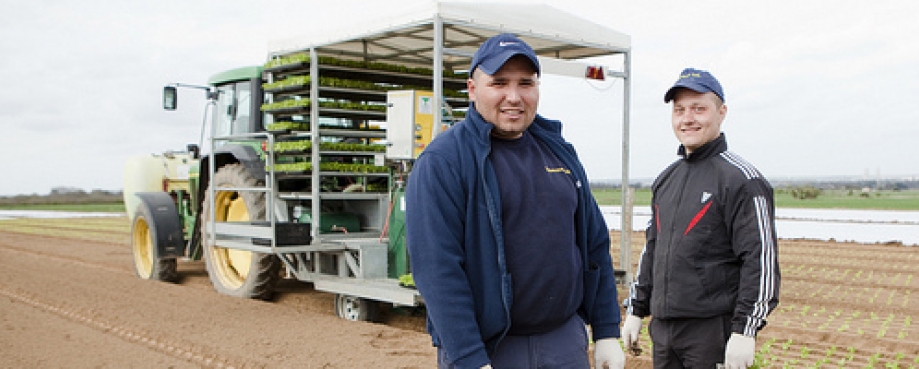
Today workers from across the globe are marking the World Day for Decent Work with some 600 activities in 83 countries.
Developed by the International Trade Union Confederation (ITUC), the day aims to spread awareness about "Decent Work". Instinctively we all know what that means: to have a job that allows you to live in dignity.
To deliver that requires governments, employers and trade unions to work together to achieve the four bigger objectives of: (1) creating jobs; (2) guaranteeing rights at work; (3) extending social protection and (4) promoting social dialogue. That is what International Labour Organisation (ILO) means by "decent work". But what do these four objectives mean practically? And why do we need to achieve them more than ever?
We need jobs...
Thanks to the global financial crisis the global dole queue has never been longer than it is today, with 200 million people currently out of work. And this figure doesn't capture the many migrant workers and women in the shadows of the global labour market.
News from the G20 labour ministers meeting in Paris last week was sobering: we need to create 21 million jobs each year just to return to pre-crisis levels of unemployment by 2015. At the moment we are going backwards.
From Tunis to Manchester, people across the world have been saying "Enough". Yet the risk is that without urgent job creation the optimism of the Arab Spring will soon turn into the depression of a very long global winter.
That's why unions are urgently calling for investment to create millions of decent and green jobs, funded off wage-led economic growth, and through fair taxation,including a tax on finance - the sector that got us into this mess in the first place.
....but they must have decent standards...
Most people in the globally economy actually have a job, but for at least half of them - 1.5 billion people - it's a vulnerable or precarious job. And from homeworkers in Delhi to domestic workers in Chelsea and Kensington, it's women who are painfully overrepresented in these ranks.
This is never more so than in Egypt. A couple of weeks ago, I met with Nawla Darwiche, from the New Woman Foundation in Cairo - the key women right's organisation at the forefront of Egyptian feminists' difficult struggle. Research carried out by her organisation found that most women garment workers have been getting poverty wages of $30 to $60 a month, and many have been the victim of sexual harassment.
These women were at the forefront of the January revolution and have successfully demanded a rise in the minimum wage to about $120 a month.
But to deliver dignity at work they are absolutely clear: employers and governments need to respect their rights at work, and especially their right to create and speak through their own run trade union organisations. That's why we're supporting a global petition calling on the Egyptian interim government to pass a labour law.
...backed up by social protection...
Disturbingly, only about 20 per cent of the world's working-age population (and their families) have meaningful access to social security. That's why unions are campaigning for a global social protection floor, especially for those outside of the formal labour market, to help them get a leg up in life.
Thankfully, emerging economies such as Mexico and India are starting to heavily invest in social protection. Brazil's own Bolsa Familia programme has helped them slash their terrible levels of inequality and meet the Millennium Development Goal of halving poverty in half the time. Our very own Department for International Development must play a key role in funding and building a global social protection floor for all.
...And supported by social dialogue.
I couldn't think of a single demo that didn't start from a union office
Economic and social policy will be much better designed if governments are listening to the views of workers and employers. But it can mean much more than that.
I was in Tunisia two weeks ago and had the privilege to speak with meet Kamel Jendoubi, the former exile and human rights activist. He had returned to Tunis earlier this year after the fall of the 24-year dictatorship of Ben Ali, to chair Tunisia's independent electoral commission. For Kamel, unions are about much more than just"terms and conditions":
"Under the dictatorship, the unions were one of the very few places where you could think about and work towards a better world. They kept that hope alive. And when the uprisings happened, they included all of Tunisian society. But I couldn't think of a single demo that didn't start from a union office. They were the backbone of all of it. And now, as we go towards elections, the unions are there, scrutinising everything, from the work of my commission, to the registration of voters, and will be there at the polling booths to oversee our transition to democracy."
